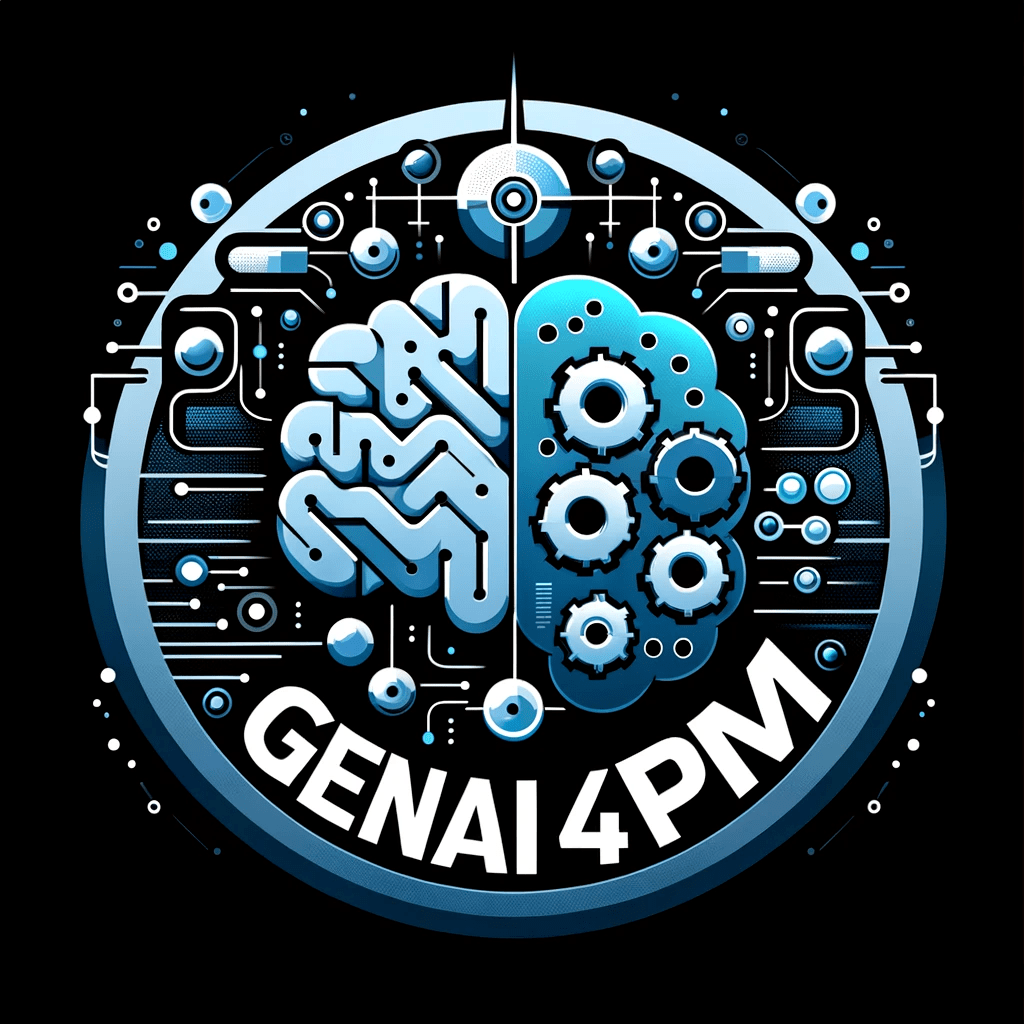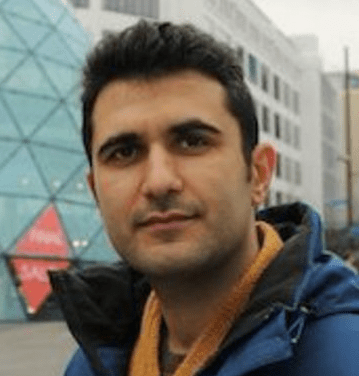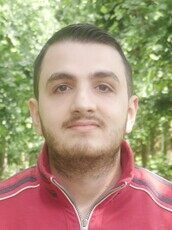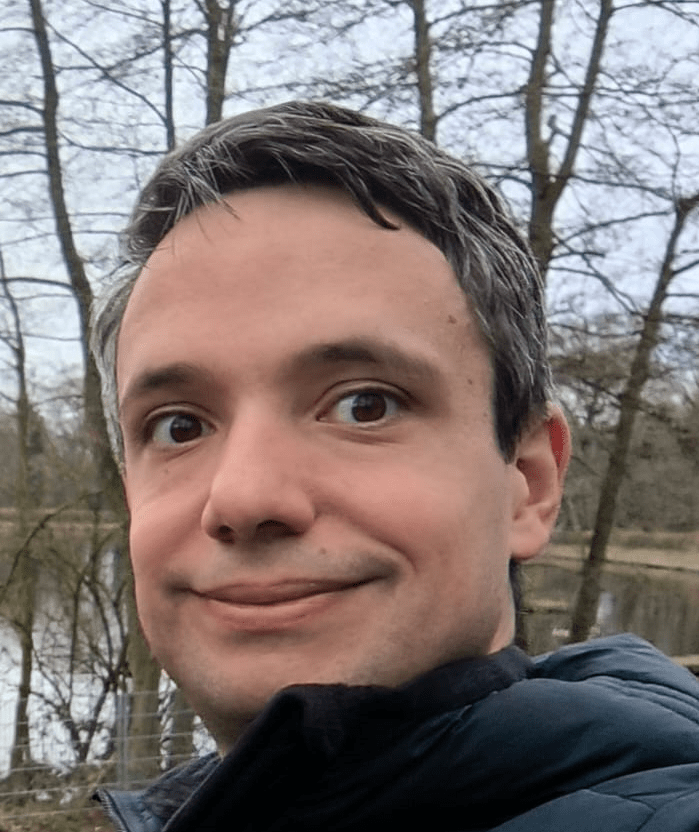

The Second International Workshop on Generative AI for Process Mining
Held in conjunction with ICPM 2025
Organizers: Alessandro Berti, Cristina Cabanillas, Humam Kourani, Mohammadreza Fani Sani
Room: B21
Note: The papers will be published in the Springer LNBIP proceedings only after they are discussed in the GenAI4PM 2025 workshop.
Large Language Models (LLMs) are dazzling—summarizing meetings, generating reports, and even drafting code. The explosion of generative, predictive, and prescriptive AI offers breathtaking possibilities. Yet despite this technological leap, many organizations still struggle with surprisingly simple problems: delayed flights, unpaid invoices, missed appointments, and paralyzed supply chains.
Why? Because AI is often applied at the surface—automating isolated tasks—while the underlying end-to-end processes remain opaque, fragmented, and broken. The real bottleneck isn't intelligence at the edge, but the absence of process awareness at the core.
In this keynote, I will share insights from a series of experiments using general-purpose LLMs for Business Process Management (BPM) tasks. The results are mixed: impressive in some areas, deeply flawed in others. These findings illustrate the limits of applying LLMs in a process-agnostic manner—and highlight the urgent need for a new approach.
I will argue that object-centric process mining is essential to bridge the gap between AI’s potential and operational reality. By revealing, analyzing, and improving actual flows of work, we can create a solid foundation for predictive and prescriptive AI. Only then can we move beyond digital lipstick on analog dysfunction—and ensure that AI truly transforms how organizations operate.

prof.dr.ir. Wil van der Aalst is a full professor at RWTH Aachen University, leading the Process and Data Science (PADS) group. He is also the Chief Scientist at Celonis and part-time affiliated with the Fraunhofer FIT. Currently, he is also deputy CEO of the Internet of Production (IoP) Cluster of Excellence and co-director of the RWTH Center for Artificial Intelligence. His research interests include process mining, Petri nets, business process management, workflow automation, simulation, process modeling, and model-based analysis. Many of his papers are highly cited (he is one of the most-cited computer scientists in the world and has an H-index of 188 according to Google Scholar with over 165,000 citations), and his ideas have influenced researchers, software developers, and standardization committees working on process support. According to Research.com, he is the second highest-ranked computer scientist in Germany and ranked 9th worldwide. He previously served on the advisory boards of several organizations, including Fluxicon, Celonis, ProcessGold/UiPath, and aiConomix/Automaited. Van der Aalst received honorary degrees from the Moscow Higher School of Economics (Prof. h.c.), Tsinghua University, and Hasselt University (Dr. h.c.). He is also an IFIP Fellow, IEEE Fellow, ACM Fellow, and an elected member of the Royal Netherlands Academy of Arts and Sciences, the Royal Holland Society of Sciences and Humanities, the Academy of Europe, the North Rhine-Westphalian Academy of Sciences, Humanities and the Arts, and the German Academy of Science and Engineering. In 2018, he was awarded an Alexander-von-Humboldt Professorship.
At least one author of each accepted paper must register and participate in the workshop. Please visit the main conference website (ICPM 2025) for more information.

Mohammadreza Fani Sani is an Applied and Data Scientist at Microsoft, focused on large language model solutions for Copilot AI and Process Mining, including task orchestration through Microsoft Copilot Studio. He earned his doctorate in the Process and Data Science (PADS) group at RWTH Aachen University, studying how data preprocessing can improve process mining outcomes. By blending his academic background with real-world experience, Mohammadreza continues to advance process mining through generative AI, robotic process automation, and other emerging AI technologies.

Cristina Cabanillas is a professor at the University of Seville, where she conducts research in the field of business process management and process mining. With a strong academic foundation, she has explored resource management and process optimization, contributing to both theoretical advancements and practical applications. Cristina has been actively involved in investigating how generative AI, particularly large language models, can enhance process mining techniques. Her work focuses on leveraging these models to improve process model discovery and analysis, enabling more intuitive and automated interpretations of complex process data. Through her publications and collaborations, Cristina is advancing the integration of generative AI into process mining, bridging the gap between cutting-edge AI technologies and real-world process improvement.

Humam Kourani is a Research Associate at the Fraunhofer Institute for Applied Information Technology (FIT). He is a member of the Center for Process Intelligence and contributes to research and software development projects within the Data Science and Artificial Intelligence Department. In addition, Humam serves as a process mining examiner for the Fraunhofer Personnel Certification Authority. Humam is currently pursuing his PhD at RWTH Aachen University. His research focuses on business process modeling, process discovery, and the integration of large language models into process mining.

Alessandro Berti is a Software Engineer at RWTH Aachen University, affiliated with the Process and Data Science (PADS) group. His doctoral thesis focuses on object-centric process mining. He plays a role as the main developer of pm4py, a leading Python library for process mining. Alessandro has made significant contributions to the integration of large language models within the pm4py framework. His work includes both development and research, with some publications that bridge the gap between large language models and the field of process mining.
The following members have accepted our invitation to join the Program Committee: